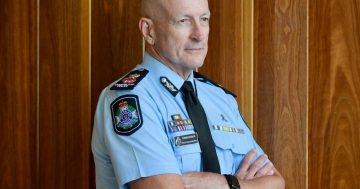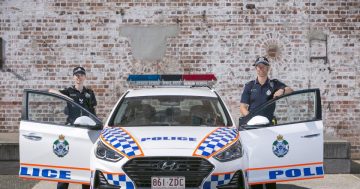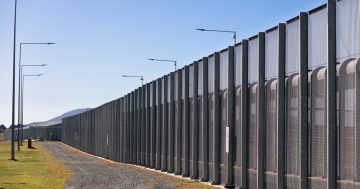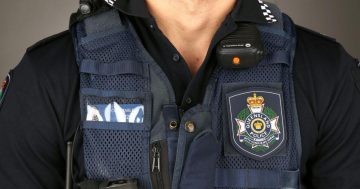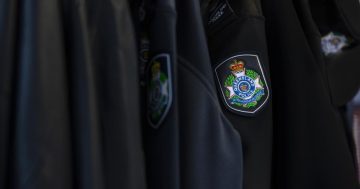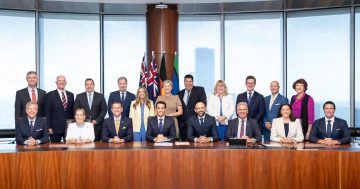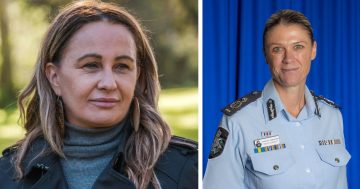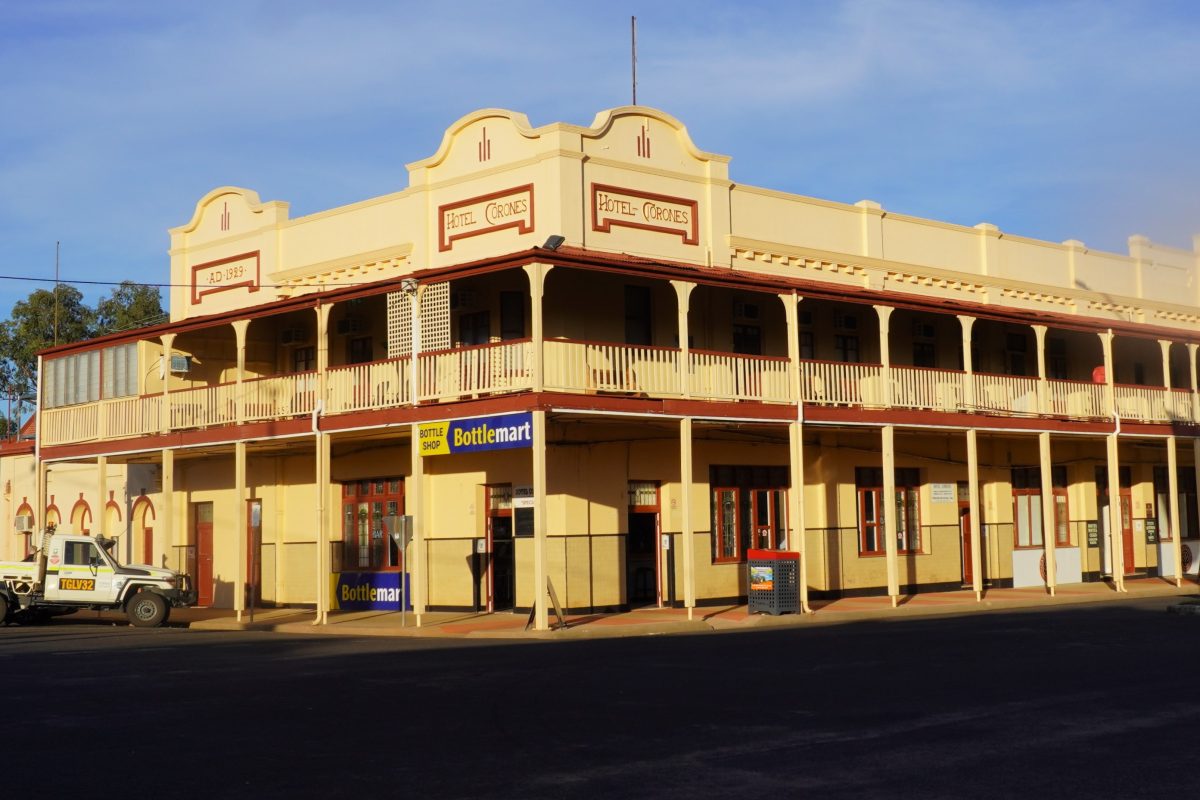
From 2 September, public drunkenness will not be a criminal offence in the state of Queensland. Photo: Kirsten Walla.
The Queensland Government has decided to follow the rest of the nation in decriminalising public drunkenness – replacing charges being laid with support services.
While the move was first recommended by the Royal Commission into Aboriginal Deaths in Custody (1991), Queensland remains the only remaining jurisdiction not to have followed through.
The state will decriminalise public drunkenness and begging and implement a “reasonable excuse” amendment for public urination from 2 September.
In a statement provided to the ABC, a spokesperson for Queensland’s Police Minister Mark Ryan said the government’s legislative reforms explicitly acknowledged that public drunkenness was a health issue, as evidenced by the removal of criminal sanction and the provision of support services.
The spokesperson added that these changes allowed for an intoxicated person to be taken to a place of safety, such as their home, or a support service or medical facility.
Victoria was the most recent state to decriminalise public drunkenness – late last year. NSW (1979), the ACT (1983), Western Australia (1990) and South Australia (2016) made the move far sooner.
Begging remains an offence in Victoria, SA, Tasmania and the Northern Territory, while public urination is only a criminal offence in SA and the ACT.
It wasn’t until a 2022 committee inquiry report was made that Queensland’s parliament began to seriously consider a health, instead of a justice-based, response to these public space offences.
The Community Support and Services Committee recommended all three offences be decriminalised “subject to appropriate community-based health and social welfare responses being in place”.
While the government’s response in April last year didn’t accept any of the 16 recommendations made in the report, it did commit to further consideration. Minister Ryan thanked the committee for their work and informed them of the state’s ‘Better Care Together’ plan.
“The plan includes $1.645 billion over five years (until 2027) to improve mental health, alcohol and other drugs services, and deliver more beds, dedicated services, increased crisis response and suicide prevention initiatives and a package specific to First Nations peoples.”
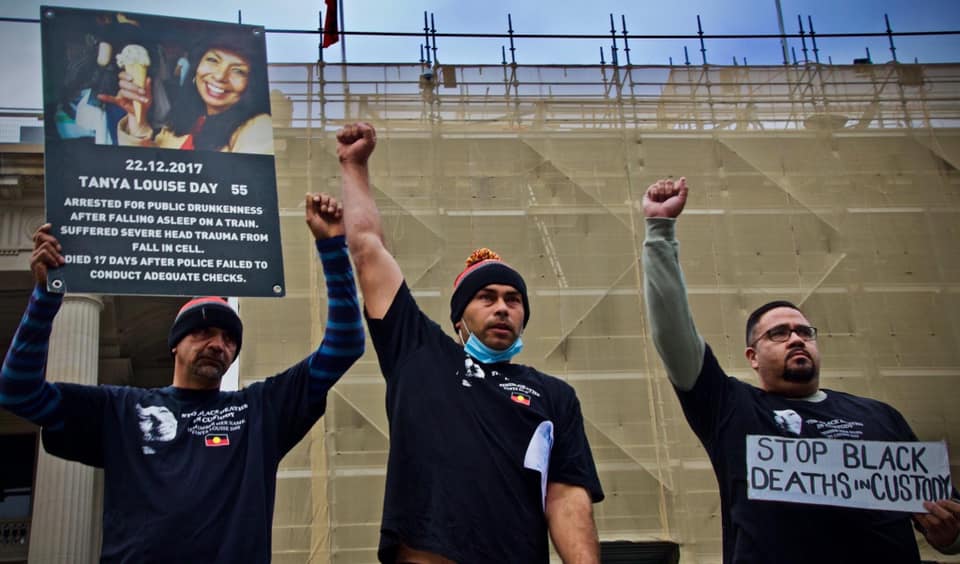
Victoria was driven to decriminalising public intoxication late last year by First Nations communities’ advocacy in the wake of Aunty Tanya Day’s death in 2017. Photo: Justice for Tanya Day Facebook page.
One highlight of the committee’s report was Queensland Police Service data showing the impact these offences had on Aboriginal and Torres Strait Islander peoples.
“Aboriginal and Torres Strait Islander peoples made up 4.6 per cent of Queensland’s population in 2021, but more than 47 per cent of people charged with these offences in 2021-22,” reads the report. “This means that Aboriginal and Torres Strait Islander peoples are charged with these offences at almost 19 times the rate of the non-Indigenous population.”
The data also showed most public intoxication charges were dismissed, Queensland’s police were enforcing these offences less frequently than in the past and the public very rarely reported instances of public urination.
Deputy Commissioner of the Queensland Human Rights Commission, Neroli Holmes, told a public hearing in Brisbane for the inquiry that “the most effective response in addressing and preventing repeated antisocial behaviour will generally be a health and welfare response”.
A submission in agreement with Ms Holmes’ position came from not-for-profit Sisters Inside, which advocates for the collective human rights of women and girls in prison.
“Where a response is necessary, we think that the vacuum left by decriminalisation, as well as the additional resources that will become available, will in itself create the positive initiatives that are needed to provide assistance to those who are intoxicated, experiencing a mental health crisis, or a domestic violence incident in public.”
However, in August last year, Coalition MP Stephen Bennett said in parliament that decriminalisation was “against what the police wanted, what the police union wanted and what many other people in our community wanted”.
“Imagine Surfers Paradise and the glitter strip if we take away the offence of public drunkenness,” he said. “Imagine the streets in particularly some of our remote communities, where public drunkenness is a real scourge on the community.
“None of us feels very comfortable about that.”


